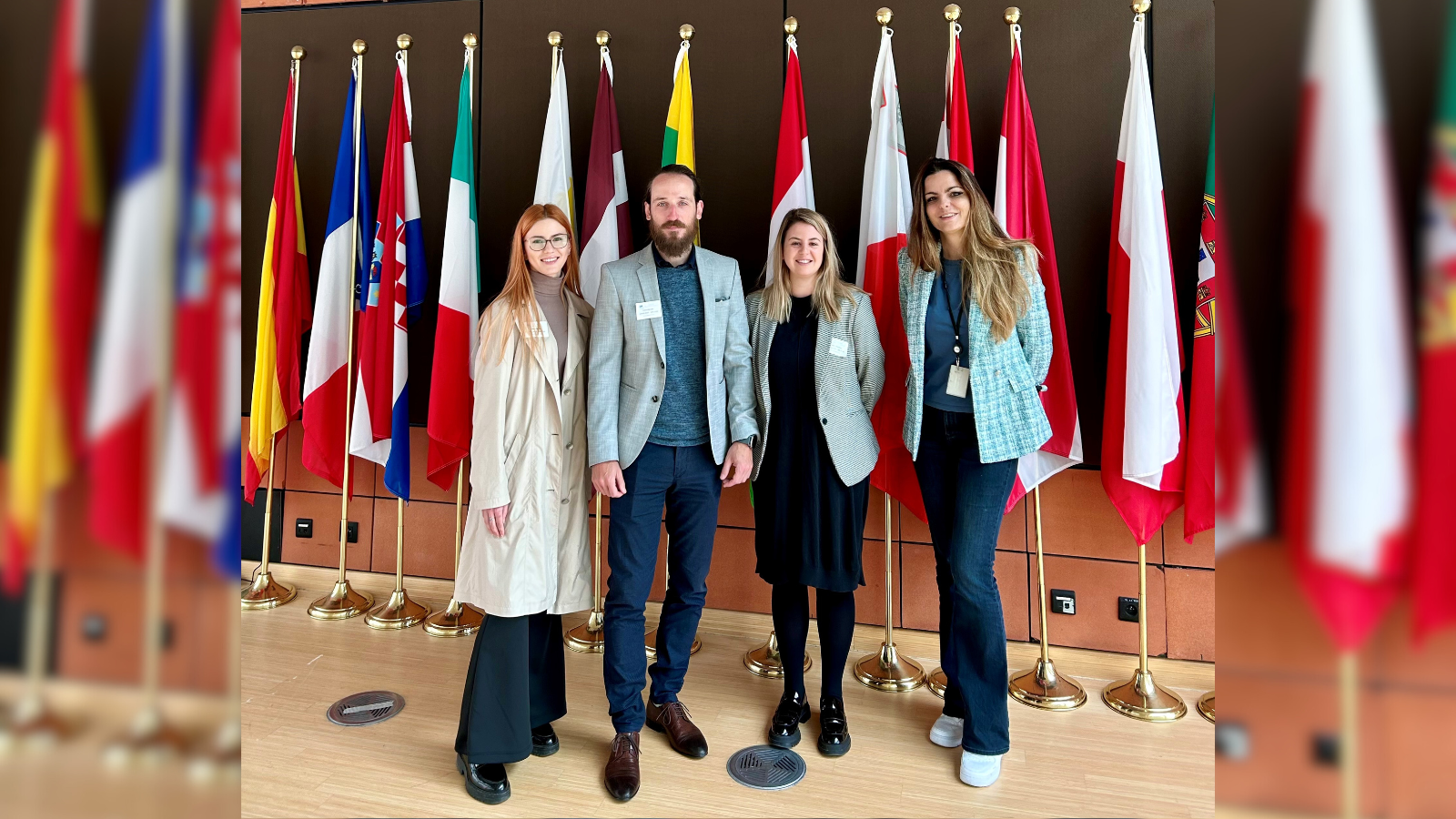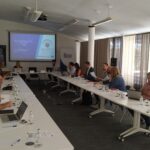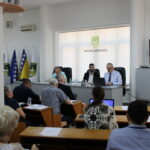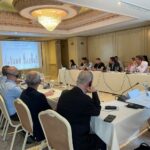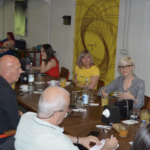The importance of civil society monitoring in PAR carried out by the WeBER initiative has been recognized by the wide network of project stakeholders as a significant element complementing their endeavors in policy influence and work in the area of good governance. Evidence supporting the idea that such monitoring efforts by civil society foster a heightened bottom-up demand for improved administration in the WB region is already apparent. At the forefront of this transformative endeavor is the Western Balkan PAR Monitor 2021/2022 – the flagship product connecting the accountability, transparency, and citizen-driven change developed within the WeBER Plus project.
As the third systematic PAR monitoring initiative led by civil society, this report serves as a powerful tool for benchmarking WB administrations, providing a compelling comparison with baseline data from the previous monitoring cycles. The report’s mission is clear: to strengthen the bottom-up pressure for PAR from civil society, ensuring that the demand for reform persisted even in the face of potential EU conditionality loosening.
The project’s most significant results emerged from the meticulous production of the regional report and national monitoring reports. These outputs established a foundation for advocacy activities and consultations, sparking a collaborative effort between the civil society and government representatives through the National PAR Working Group meetings. The project aimed not only to scrutinize administrative practices but also to foster robust partnerships between CSOs and governments.
The pinnacle of the project’s advocacy journey took place in Brussels on May 25, 2023. Project partners convened at a policy dialogue organized by the European Policy Centre (EPC) Brussels to present and champion the PAR Monitor 2021/2022 findings. This event marked a critical juncture, with stakeholders, including representatives of the DG NEAR, engaging in discussions that had the potential to influence EU support, shape conditionality, strengthen regional cooperation, and catalyze policy change.
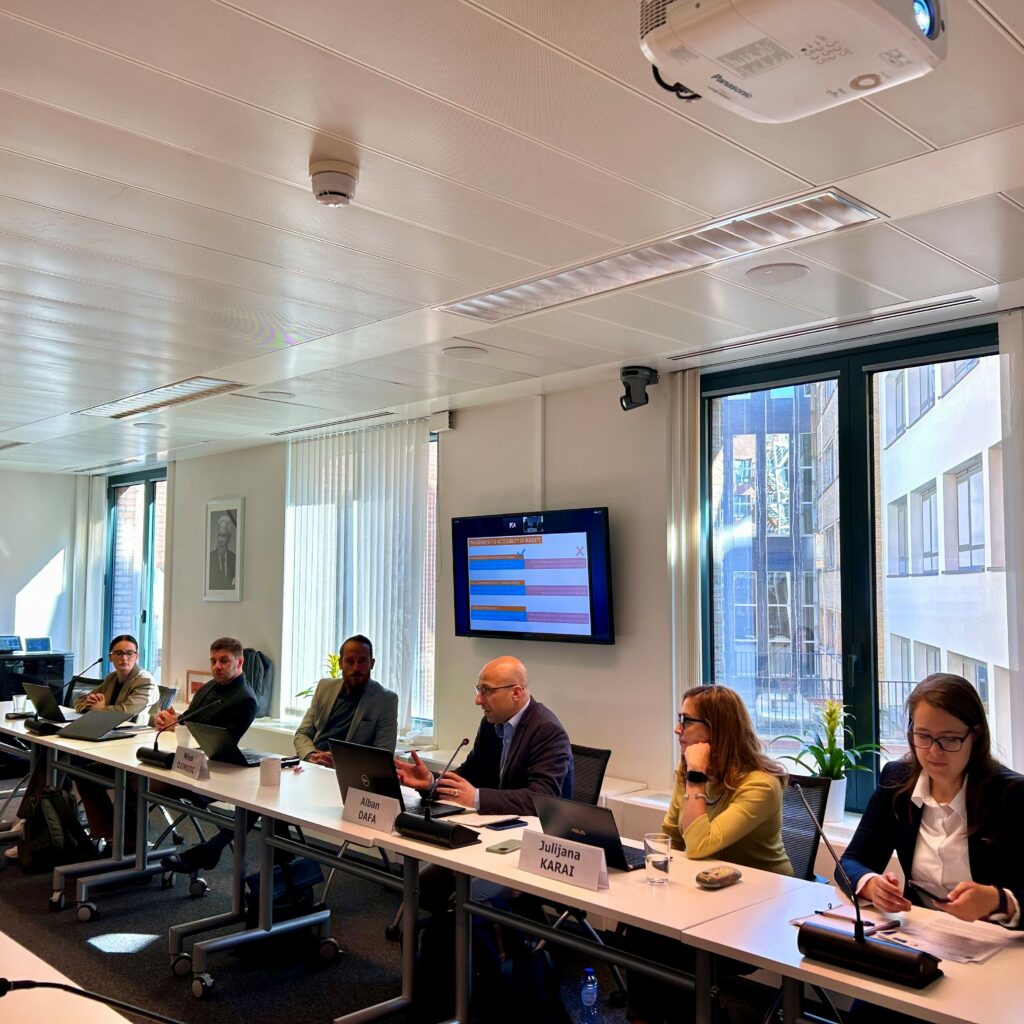
In a series of meetings, the project team interacted with key figures, including representatives of the cabinet of Ms. Dubravka Suica, Vice-president of the European Commission, representatives of the European Economic and Social Committee and several Members of the European Parliament. These interactions weren’t mere formalities; they were strategic moves to amplify the voices of civil society, raise awareness, and advocate for reforms aligning with EU accession requirements.
The impact of these advocacy meetings resonated far beyond the halls of Brussels. The Team Leader showcased good practices identified by the Western Balkan PAR Monitor at the Regional Thematic Group Meeting on “European Integration and Accession” in May 2023 in Tirana, Albania. This strategic move aimed to accelerate EU accession by emphasizing the importance of implementing recommended reforms.
Back in the WB region, the project team delivered round table discussions in Serbia, North Macedonia, Bosnia and Herzegovina, and Kosovo. These gatherings served as policy dialogue venues where CSOs and government representatives joined forces to dissect findings, propose solutions, and pave the way for more visible and efficient reforms at national level. The evidence-based findings from the National PAR Monitor reports encouraged reforms and promoted the citizen-oriented approaches in public administration. Beside the round table discussion, the national-level advocacy meetings constituted instrumental platforms for fostering collaboration, disseminating actionable insights in each country. In Serbia, an array of national-level advocacy meetings unfolded, strategically engaging key institutions such as the Ministry of Public Administration and Local Self-Government, Ministry of Finance, State Audit Institution, Public Policy Secretariat, Human Resources Management Service, and the Commissioner for Information of Public Importance and Personal Data Protection.
Recognizing the need to reach a broad audience, the team collaborated with media partners and journalists to ensure key PAR Monitor messages were disseminated.
In the digital space, the impact of the Western Balkan PAR Monitor 2021/2022 didn’t confine itself to lengthy reports and policy dialogues alone. Two videos on PAR Monitor 2021/2022 results were published capturing the essence of the findings, making the complex world of PAR accessible to a broader audience.
Watch both videos HERE and HERE.

